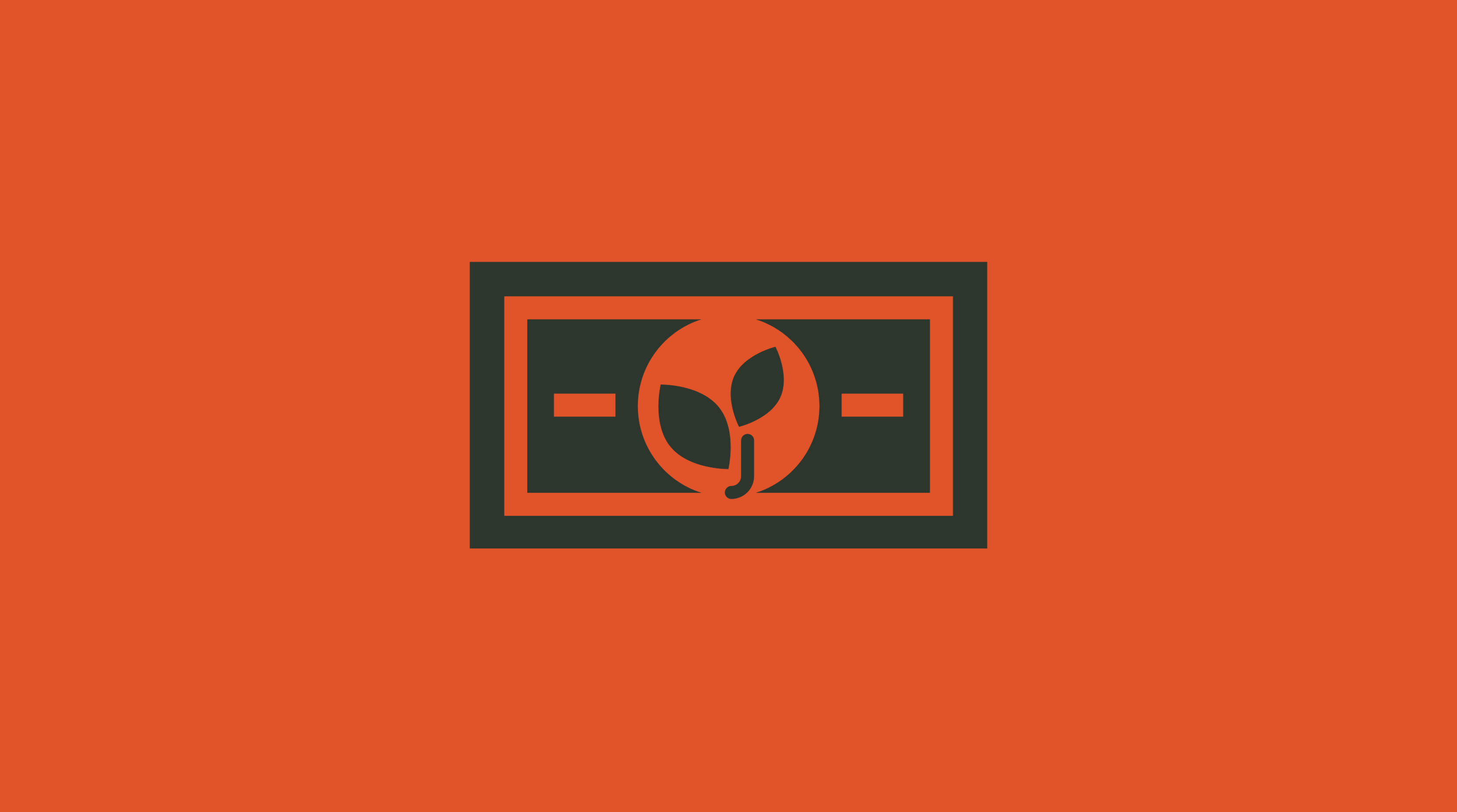Key Takeaways
- Companies are facing an increasingly stringent regulatory requirements to report on sustainability.
- Inadequate data, lacking guidance, and superficial transitions to sustainable business practices are resulting in heightened greenwashing, intentional or not.
- Floodlight’s satellite-based approach to measuring sustainability impacts and risks equips companies with the tools to needed to succeed in the regulatory environments of the present and future.
Times of huge conflict often produce some of history’s greatest one-liners. Lines so marinated in meaning that they make their point come across to even the strongest skeptics. One of my favorites is the response the city of Vienna (Floodlight’s new European HQ) gave to one of the deadliest of its besiegers in its long history: “your breakfast is getting cold.”
It is a savage burn, but only in context. In 1529, the Ottoman Empire was approaching its zenith, and its sultan thought Vienna would be a fine jewel to add to his already heavy crown of new European territories. Upon arriving at the city gates, he declared that, owing to the overwhelming force of his army and brilliant strategies, the city would be his within two weeks and he, personally, would be breakfasting at its center. The tenacious and clever defenses the Viennese offered in response bested the sultan’s forces, (denying him his breakfast among other joys) and were repeated a century and a half later at the rematch in 1683.
Vienna today lists the first victory as a key reason why its magnificent building stock is so intact and well maintained. The major building and rebuilding that took place before and after the sieges led city planners, strategists, and patriotic Austrians to build in a manner that lasts, not to virtue signal, but to ensure perpetual survival/prosperity and results that today boast some of the most pristine living conditions on the planet. Water, transportation, safety (now without walls) and sustainability, not to mention the resultant prosperity, in Vienna regularly score in the top spots on the planet.
Companies today face a battlefield no less perilous than those recounted above. New regulatory regimes are built and intensifying. Fast-moving CEOs and their boards are choosing whether to transition their business models to be more sustainable or to only do what is needed to superficially meet the mark (indulging in weak one-liners as a poor substitute for actionable leadership). Some companies are building substantial fortifications, while others produce sustainability reports that are embarrassingly weak on data, and weaker still on verified data. Luckily for stakeholders, time is running out on the “oh, please we’re trying” crowd.
Just as the Viennese trusted in their own time-sensitive efforts to defend their city, so too can companies trust in establishing a foundation of verified data as their fortress against an increasingly stringent regulatory environment for sustainability. Unfortunately, many companies are putting financial analysts into sustainability reporting jobs and saying “I know you’ll figure it out.” As result, much of today’s sustainability reporting is greenwashed, however unintentionally, and is very rarely verified by a competent third party. And this is at no fault of the analyst – the necessary tools, guidance, and best practices are missing from their toolbelts.
The foundation of any good program has to start at Greenhouse Gas Emissions Scope 1 – direct emissions, Scope 2 – indirect (heating/cooling) emissions, and Scope 3, supply chain caused emissions. The world and the regulators we are meeting now are setting a clear track towards verified emissions only (similar to having external audits for public companies) as being acceptable. Reading between the lines, the regulators are saying, “look people, you had a few years to figure this out, now prove you built walls around your cities instead of well-placed bundles of sticks or we will fine you to death.”
By making high-impact decisions now, companies can avoid the disasters that we all know are coming as the tide turns and we “see who has been swimming without a swimsuit”, or, following the theme above, “who built a wall that can withstand an assault vs. who built a wall that needs only the wind to fall.” Putting the foundation (verified GHG emissions) stones down with the best science on the street is the only way to build anything lasting and prosperous.
Trust me – you don’t want to lose your city by getting this one wrong!
-Nate Wyne, CEO and Co-Founder of Floodlight
Floodlight’s technology introduces the ability to directly measure the sustainability impacts and risks of any company on Earth, at every point they do business. We use a range of sources, primarily satellites, to measure with pinpoint accuracy, and we validate our data with methods developed over 20 years of peer-reviewed data science research by our co-founder, Dr. Suchi Gopal. Nearly all of today’s corporate sustainability datasets are coarse estimates or internal, company-reported figures, Floodlight’s data reflects the exact impacts of day-to-day business operations. And unlike other sustainability data, which report on a lag, have coverage gaps, and cost a fortune, we measure our data in real time and use technology that enables global coverage at affordable pricing. By leveraging a cutting-edge approach to data from satellites and other empirical instruments, Floodlight is able to serve as a verification layer for key activities like GHG Scope 1 & 2. Firms use us to easily verify key behaviors around carbon, forest cover, and climate risks that are growing in materiality to businesses worldwide. Our tools and dashboard enable our clients to see trends in their investments, hard assets, and geographic areas of focus that help them strategically plan for the future and meet increasing regulatory burdens.

